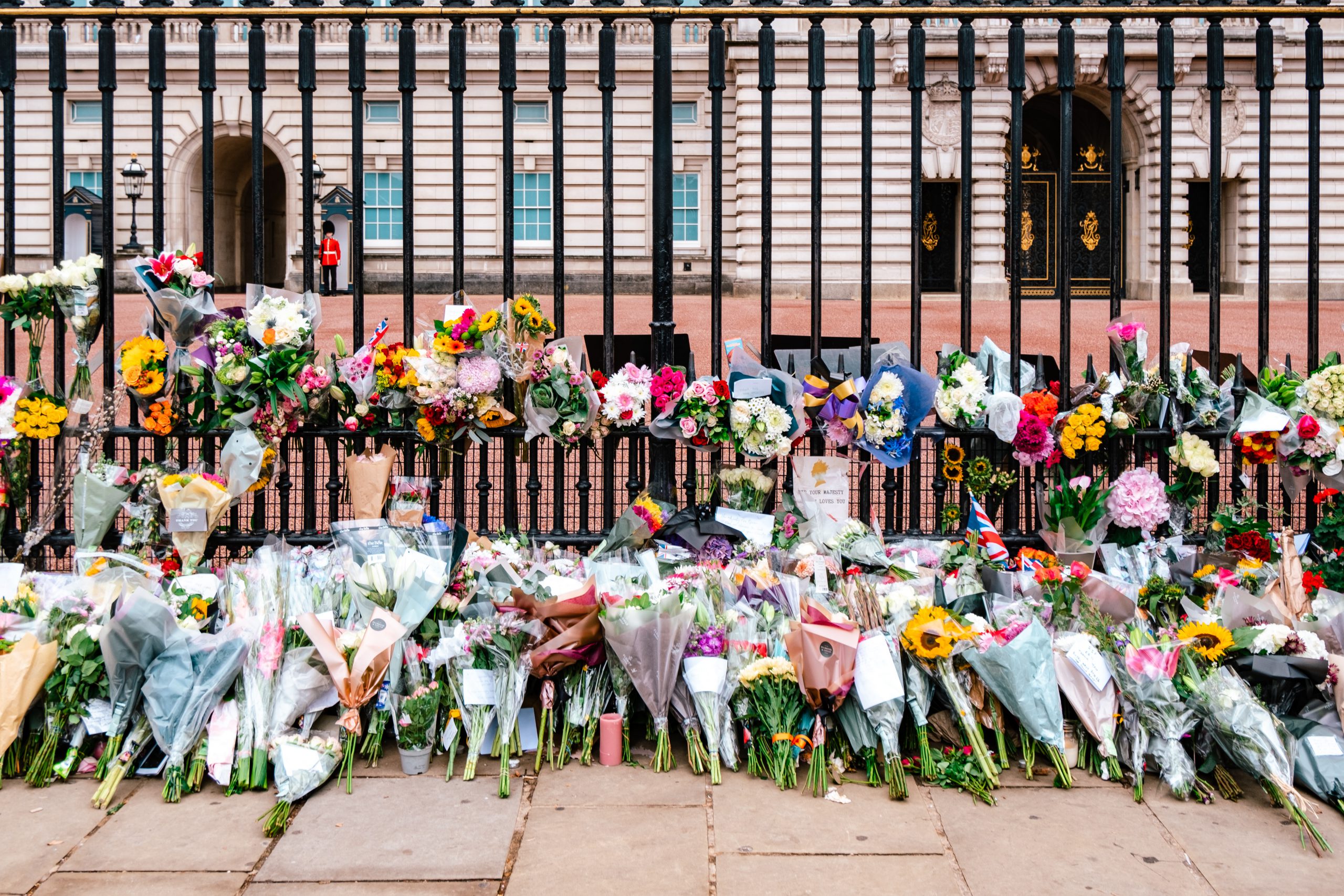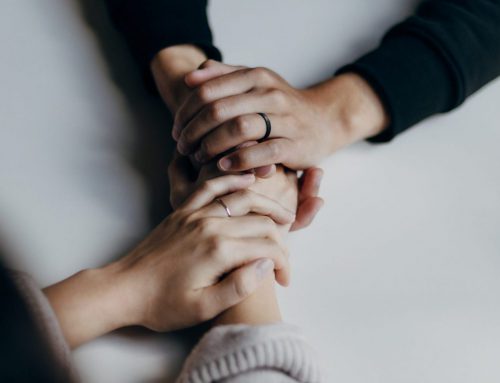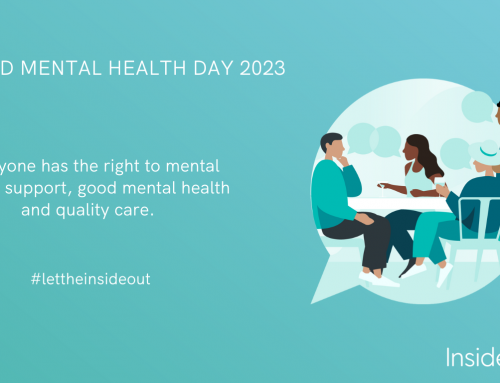Following the sad news of the passing of HM Queen Elizabeth II, it’s fair to say, we will all have been touched by how the nation has come together to pay their respects and reflect. Thousands have flocked to Buckingham Palace as tearful mourners collectively grieve the passing of our Queen.
The death of the Queen came as a shock to the nation, despite her missing a series of recent events due to poor health. The depth of sadness that comes with a loss will differ for everyone as we all cope with grief differently. The number expected to tune in to watch the Queen’s funeral is anticipated to be record breaking, as we come together to collectively mourn her death.
What is collective grief and how can we support each other?
Collective grief occurs when a group of people (a nation or community) experience a death or multiple deaths. You do not have to know someone personally to be affected by their death.
As a nation we have entered a period of collective grief. It is likely you may have experienced some emotions following the loss of the Queen who has been such a pivotal figure to life in the UK for so long. For many of us Queen Elizabeth II has provided a sense of stability and continuity which has spanned many events and changes during our shared history. As well as a public figure, more personally she has been a much loved mother, grandmother, representing love duty and devotion. Many of us felt connected to her despite not knowing her personally.
Thus, as a collective many of us are experiencing grief, in which we are navigating our own personal experiences of loss, but also feel tuned and connected to grief around us. It might also be helpful to highlight that this can also trigger memories of personal losses we have incurred. It is likely there are a mix of emotions occurring for us.
Why does collective grief take place?
- News of death and loss can trigger feelings or memories of personal experiences
- Hearing about death can be deeply upsetting
- Knowing others around you are feeling sad might mean you think about your own personal experiences.
How can you cope with grief and loss?
Grief is a natural healthy reaction to loss; some of the early stages could be a period of shock or numbness. After these initial feelings, we can experience other symptoms such as:
- Fatigue
- Lack of motivation
- Anger
- Irritability
In later stages of grief, people may experience a range of mixed emotions and mood changes, which can be overwhelming. Not everyone will experience all changes at once, but they can occur at different times and come in waves, unexpectedly.
Grief is a human emotion, however it can lead to a downward spiral impacting our ability to function at home and work. People can find themselves using unhelpful strategies such as taking drugs or drinking. There are more positive ways you can support yourself:
- It’s important to not push away your feelings, acknowledge and accept your pain, no matter how uncomfortable it may feel
- Understand that how you are feeling is unique to you
- Grief and loss can trigger many different, unexpected and overwhelming emotions
- Reach out for support from someone who feel comfortable talking to
- Take time for self-care to support yourself; grief journaling can be helpful for processing overwhelming emotions
- Try to maintain your hobbies and interests as much as possible – it’s OK to enjoy the things you like even if you are mourning
- Be prepared for ‘triggers’, notice these and allow space for the emotions to come up
- Be compassionate towards yourself
- Limit exposure to media if you find yourself struggling with constant reminders
How collective grief can be a healing process
Laying flowers, leaving messages and lighting candles outside of the royal palace or memorial gives mounors a chance to channel their focus and grief into saying goodbye and sharing emotions with others who feel the same.
Knowing that others around you are experiencing similar emotions can give us ‘permission’ to grieve and to reflect on our own personal experience. Connect with others who might be feeling the same, check in with friends and colleagues, it is likely they might be experiencing an emotional reaction to the news.
Remind yourself that processing emotions can take time.
How can you support others?
It’s important to come together at times like these. If you notice someone is struggling here are a few ways you can help them:
- Check in with them and acknowledge the loss – ask them how they are feeling
- Listen to and give them space to speak. Let them know you are available for them. You do not have to ‘fix’ anything or say the right thing. Just being there is enough sometimes
- Offer to do practical things such as attending a memorial, watching the funeral together, or going for a walk if it all gets too much.
Where to seek help for grief
If you’re struggling with feelings of grief, you don’t have to suffer in silence – there are plenty of organisations that offer support and guidance. Keep reading to check out some of the help available:
- InsideOut – Log-in to the App and press the ‘Support’ tab. From here you will be able to book a 1-2-1 session with a grief therapist who can help you navigate the emotions you are experiencing. Alternatively, use the self-help tools in the Coping section of the mental fitness programme on the ‘My Plan’ tab.
- NHS website – the NHS website is home to a grief hub which contains plenty of suggestions and information about coping with bereavement and loss. It also has links to other organisations that can help.
- Mind – the mental health charity Mind has a comprehensive guide to coping with grief on their website. It covers the common symptoms you might experience and features personal stories from people navigating bereavement.
- Cruse Bereavement Support – Cruse Bereavement Support has a dedicated website full of information about coping with loss, from how to understand grief to supporting others who are grieving






